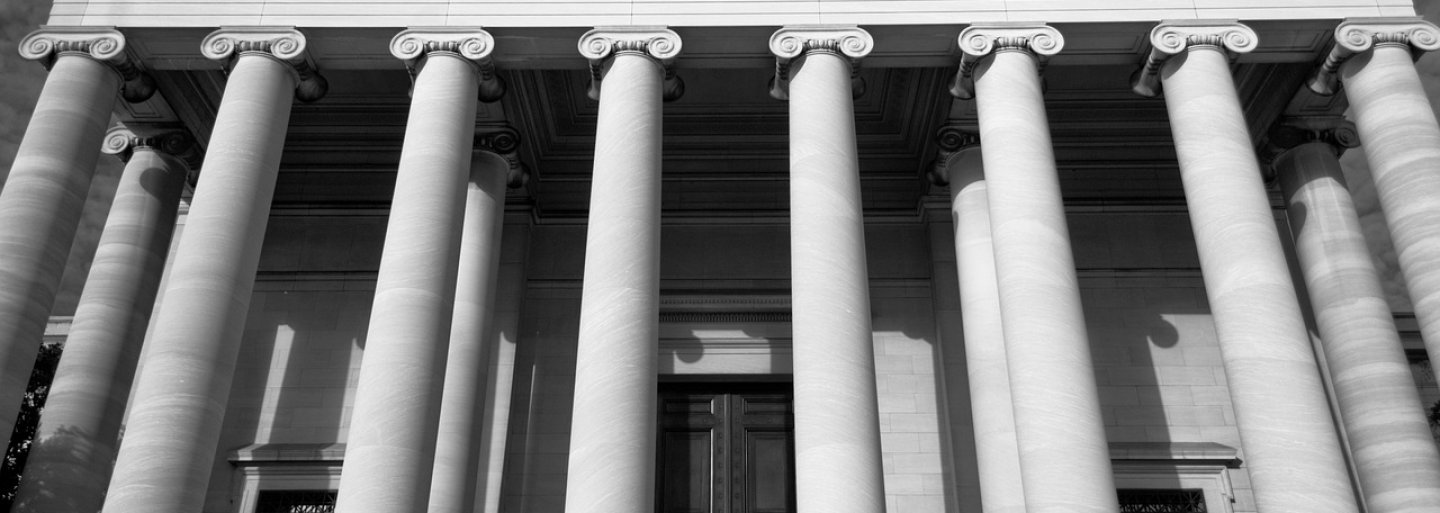
For the first time, the Supreme Court ruled on the merits concerning the refund of VAT on bad debts – and the decision was in favour of taxpayers. The judgments serve as a guideline in a number of similar cases, and may even help taxpayers with refunds claimed under the rules that came into force in 2020.

Refund of VAT on claims that have become definitively irrecoverable has been on the agenda since the European Court of Justice (ECJ) first made it clear in an Italian case at the end of 2017 and then in the Hungarian Porr case in 2019: VAT already paid on such claims must be refunded to the seller.
However, several of the VAT refund applications submitted on the basis of the above cases were rejected by the tax authority: either on the grounds that the claim for a VAT refund was already time-barred or by claiming that the application infringes the principle of the proper exercise of rights. While in cases concerning the statutory limitation period, the Hungarian courts are currently awaiting another decision of the ECJ, in three cases related to the proper exercise of rights the Supreme Court decided in favour of the taxpayers.
Tax authority and the business rationality
In these cases, the tax authority refused to refund the VAT because, in its view, the taxpayer was also to blame for not having been able to recover its claim from its debtor. And, if so, reclaiming the VAT on its claim would amount to, so to say, “acting in bad faith” on the part of the taxpayer.
In the cases in question, the tax authority thought that whoever sells goods to a buyer even after such buyer has not paid certain previous invoices does not act properly. However, other cases are also known where, for example, the tax authority raised objections on the grounds that the seller had failed to choose its business partner with due care. In yet other cases, the tax authority blames the taxpayers saying that the seller failed to send a demand for payment, or that it failed to declare its otherwise clearly irrecoverable claim in the liquidation proceedings.
Judgments of the Supreme Court
A common feature of the cases is that the tax authority questions purely business decisions of the taxpayers after the event, citing an improper exercise of rights. That is, the authority pretends to know better how to enforce a claim than the taxpayers themselves. Moreover, in order to be able to have the VAT refunded, taxpayers thus must fulfil (should have fulfilled) unforeseeable, elusive conditions.
However, the Supreme Court stated that – contrary to the tax authority’s position – there can be no question of an improper exercise of rights if the parties to the transaction do not try to get any undue tax advantage. And no tax advantage plays a part in the present case, since the taxpayers have only reclaimed VAT, which, according to the ECJ, is refundable to them anyway.
The significance of the decisions
These decisions do not only provide important guidance in many similar cases already pending, but will have an impact on the new rules about the refunding of VAT on bad debts that entered into force on 1 January 2020. The reason for this is that these new rules also make the principle of the proper exercise of rights a key point and so far the extent to which the tax authority may overrule the conduct of business entities in recovering their claims seemed uncertain. These judgments suggest that the tax authority may refuse to refund VAT with reference to the proper exercise of rights only to a limited extent if the taxpayer’s claim has become permanently irrecoverable.




